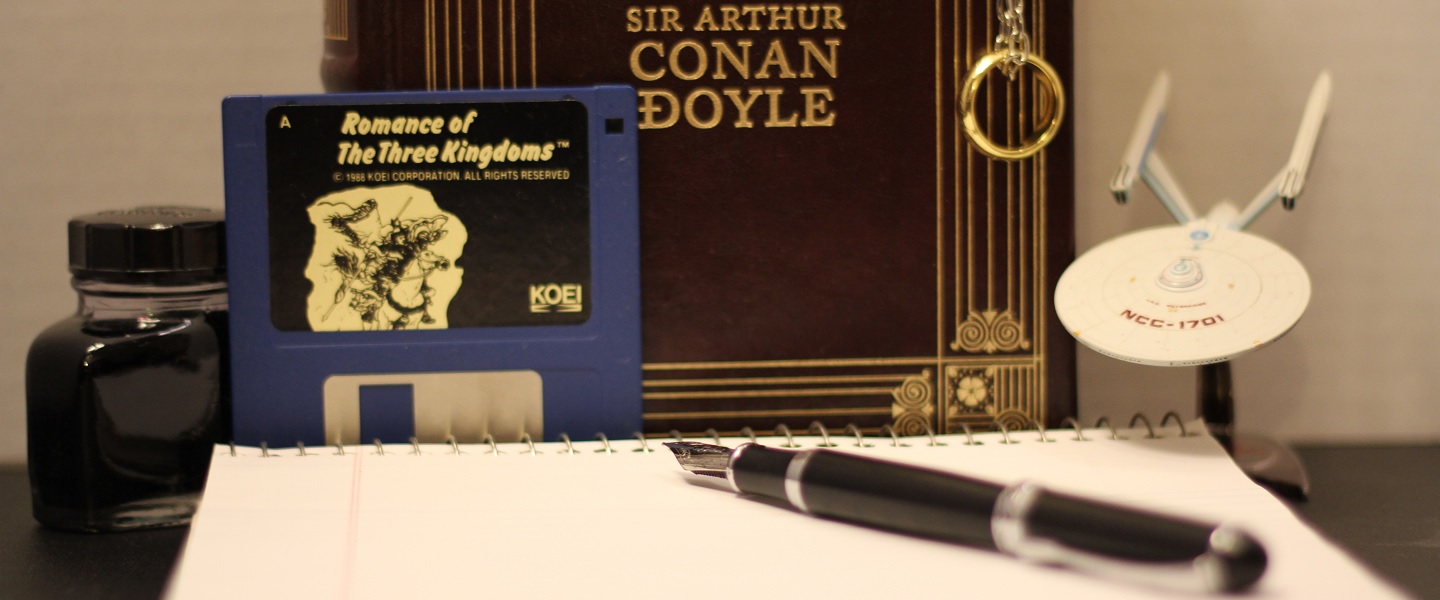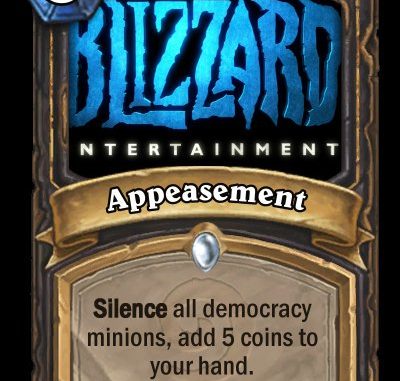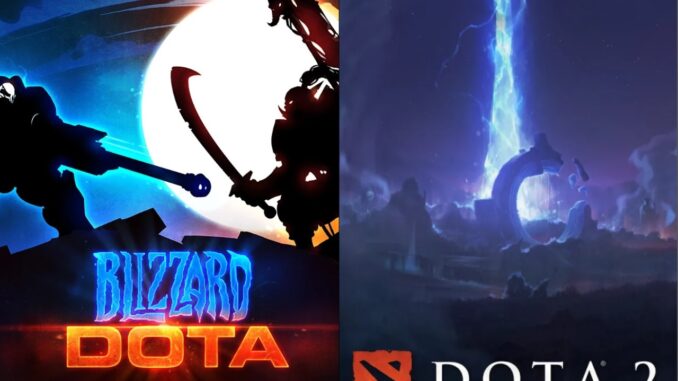
(Note: Originally published 02/20/2012 for Press2Reset)
Valve and Blizzard have started legal machinations to claim ownership of a name born in the mod community but are either of them in the right?
Last week, the internet was abuzz with the discovery that Blizzard had, in November last year, filed a Notice of Opposition against Valve over the Half-Life developer’s registration of the trademark DOTA on August 6, 2010. However, the World of Warcraft developer is arguing that the DOTA name is a recognized brand belonging to Blizzard and thus Valve has no right to trademark it.
This turn of events is understandable, from a business perspective, and will determine the way consumers, developers, and publishers look at mods. Because, that is where this story began – with a mod called Defense of the Ancients that was created for Blizzard’s real-time strategy title Warcraft III back in 2003.
Fast forward nine years and what began as a very popular fan-made mod has turned into a fight for ownership of a potentially lucrative license, linked to the spawning of an entire genre called Multiplayer Online Battle Arena, or MOBA for short. In fact, League of Legends is a direct result of DOTA since the people who developed LoL also developed the DOTA mod at one point. That’s the long and short of its history, but who owns the DOTA name now?
From the start, Blizzard noted that, in order for the creators to use Warcraft III’s World Editor to craft the mod, they would have to agree to their End User License Agreement (EULA).
And that documents states,
“All title, ownership rights, and intellectual property rights in and to the Program and any and all copies thereof (including, but not limited to, any titles, computer code, themes, objects, characters, character names, stories, dialog, catch phrases, locations, concepts, artwork, animations, sounds, musical compositions, audio-visual effects, methods of operation, moral rights, any related documentation, and ‘applets’ incorporated into the Program) are owned by Blizzard or its licensors.”
In other words, a person might develop a mod but Blizzard owns it lock, stock, and barrel. It does not matter how much time you’ve dedicated to your mod, Blizzard can take it and use it as they see fit. The modders’ agreement to the EULA is deemed to be their granting of permission for Blizzard to do so.
A quick read through the Notice of Opposition and something becomes clear: Blizzard is lining up its own trademark application and is testing its arguments by opposing Valve’s registration.
Meanwhile, Valve has come to this story late. It was not involved at all with the original mod and makes no secret of that. What it has done is what the Half-Life developer always does: hired indie gamers and modders to fully develop their ideas into standalone products. It did this in 1999 when it hired the people who had modded id Software’s Quake to make Team Fortress 2. It did it again in 2003 when it brought in the people who had modded Counter-Strike out of its own Half-Life property. And, in 2007, it hired on the indie team behind the tech demo that would eventually become Portal.
In short, Valve has a history of doing this.
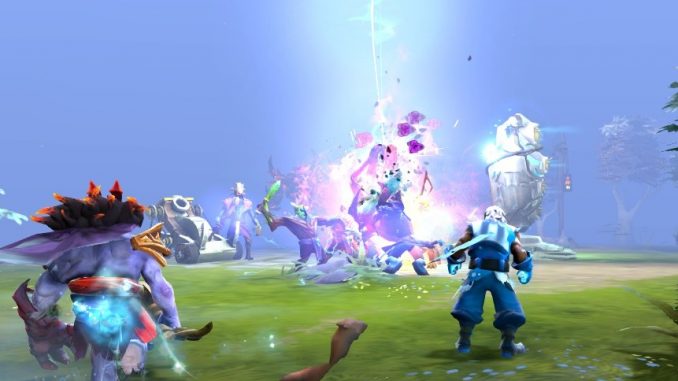
So, no one was surprised when the company hired the otherwise anonymous IceFrog, who had become the lead DOTA modder after previous creators and developers had left to pursue other interests (as mentioned before, some went on to develop League of Legends). IceFrog was handed the reins to the sequel and is now the most recognized name associated with the project. He offers continuity to franchise fans because his version of the original mod is what most players are familiar with.
Valve hires modders and indie developers who have created a great mod/game and gives them the opportunity to take it further. For all the hard work that these modders have put into their creations, they have been rewarded for it.
Blizzard, in filing this suit, might have legal precedent for this course of action but does that make it right?
Its own version, Blizzard DOTA, is an interpretation of the mod cast into the Starcraft 2 universe and, crucially, requires the player to own the parent title. This version of the game isn’t very similar to the original mod given its simplified stats, lack of item recipes, the fact that all the heroes are named after Blizzard characters, mounts have been added, and towers have ammunition.
In other words, it doesn’t resemble the original DOTA in any way except that it’s a MOBA.
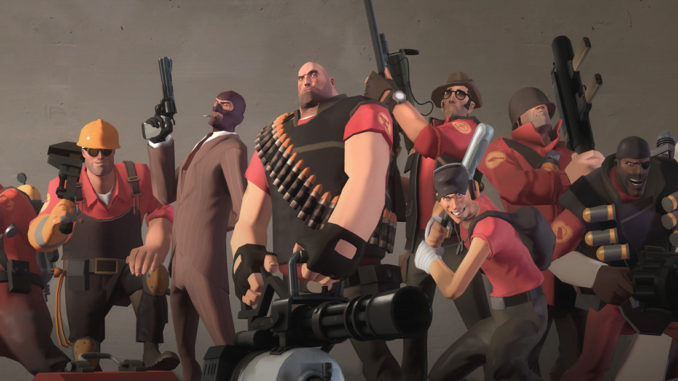
Although Blizzard is developing a “DOTA” game, it hasn’t hired any of the people who created this original title for which it is so strongly arguing ownership for. Using the shield of the EULA, it is claiming rights to the name and producing a title that it hopes customers will view as the natural sequel to the popular mod.
Which it isn’t.
Blizzard are just using the DOTA name in order to sell their product.
Valve, however, is making a direct sequel to the mod called DOTA 2 and has IceFrog leading the development team. The gameplay is the same and the characters haven’t changed, except for their looks. In short, DOTA 2 is an updated version of the mod, this time built without Blizzard’s World Editor, and will be a stand-alone game.
Ultimately, this legal battle is more than just two major developers fighting for the rights to a lucrative trademark. This is also about the EULA and the modders who spend their time developing mods. Why should they be kicked off to the side to watch as someone else capitalizes on something they created?
Barring unforeseen events, Blizzard will likely win this battle and presumably register the trademark for themselves. If Valve are forced to change the name of DOTA 2, it may not be too damaging for them as anyone familiar with the original mod will know that its product is the real direct sequel.
The next question is, though, should either of them be allowed to trademark something developed in the wider gaming community? Should it stay free and open to all or are we okay with big companies like Blizzard or Valve claiming ownership? Who should really have the trademark?
Author’s Note:
Support this site by donating via Paypal or even checking out our merchandise on RedBubble where you can find designs that cater to writers and readers. Money donated and raised goes into paying for this website and equipment.
Interested in posting this article, or another article, on your website? Check out our prices to make that happen – https://tinyurl.com/mrxa56pp
